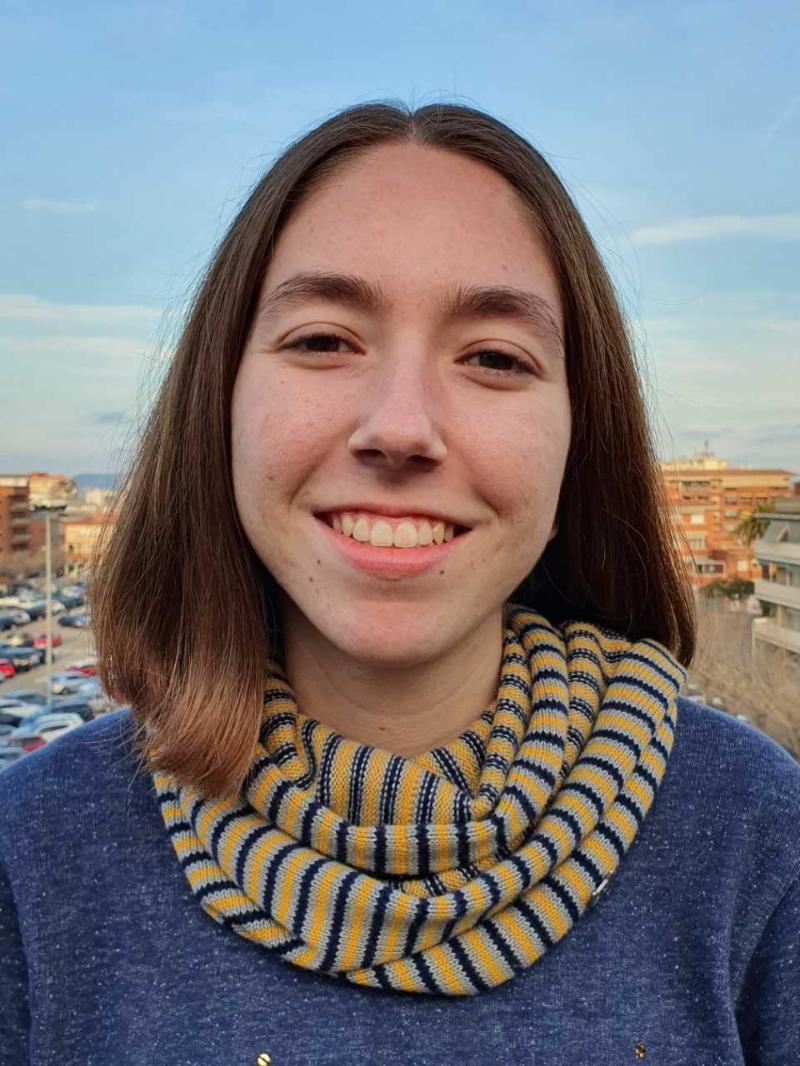Biography
In September 2021 in Salamanca, Spain, the first “hybrid” European Union Contest for Young Scientists (EUCIS) rewarded and celebrated the best young scientific talent for 2020 and 2021. It was then that Carla Caro Villanova, then 17-year-old, won one of the first prizes. In her project “Formulation and implementation of a support vector machine on D-Wave’s quantum annealer”, Carla compared the quantum algorithm with the classical one to assess the current performance of a quantum annealer in an attempt to overcome some physical limitations of the quantum computer.
Carla got inspired to work in the quantum physics domain during a summer stay at the Institute of Photonic Sciences in Barcelona. It was then that she knew she wanted to do research in this field for a living. She kept on studying quantum mechanics on her own and contacted the research group Barcelona Supercomputing Center, who gave her more resources to pursue her project.
I believe young women should be encouraged to get involved in STEM from a very early age without making a distinction between them and their male counterparts, Carla says. It is very important to give visibility to women in science and recognise their work to inspire and encourage them. They have the same capacity to reach their goals in research.
The same year Carla also won the silver medal at the Spanish Physics Olympiad and featured in the 2021 Forbes Top 50 Awarded Spaniards list. Currently, she is studying physics at the University of Barcelona and working on research on quantum computing. Carla’s latest merit is the Young Research Awards for encouraging the scientific spirit of young people (PRJ 2021), which she received this year.



photo: ©️ EUCYS2021
I believe young women should be encouraged to get involved in STEM from a very early age without making a distinction between them and their male counterparts, Carla says. It is very important to give visibility to women in science and recognise their work to inspire and encourage them. They have the same capacity to reach their goals in research.
The same year Carla also won the silver medal at the Spanish Physics Olympiad and featured in the 2021 Forbes Top 50 Awarded Spaniards list. Currently, she is studying physics at the University of Barcelona and working on research on quantum computing. Carla’s latest merit is the Young Research Awards for encouraging the scientific spirit of young people (PRJ 2021), which she received this year.

